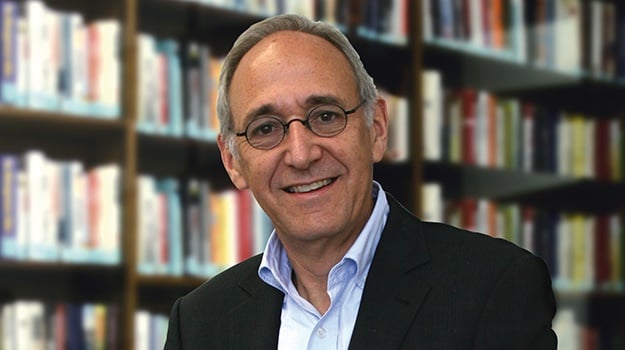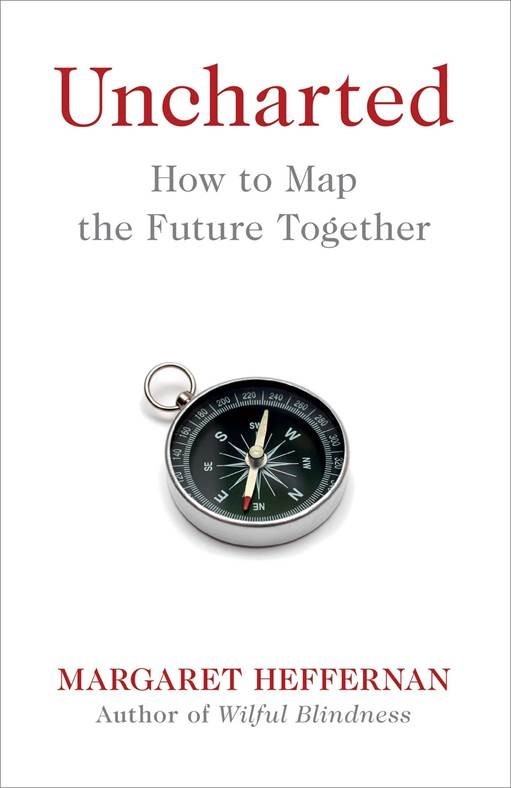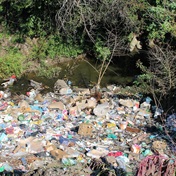
- Is the basis of good management forecasting accurately, planning meticulously, and executing efficiently?
- We have moved from a complicated world to a complex one.
- Our desire for certainty makes us very vulnerable to other people’s agendas.
Uncharted: How to Map the Future, by Margaret Heffernan
The sooner we face this, the more progress we will make in our personal lives and our businesses: uncertainty is inherent to human life.
Is the basis of good management forecasting accurately, planning meticulously, and executing efficiently? Is using models and technology the basis of well-informed estimates? If that was once true, today it is remarkably naïve.
"Along the way," writes the author, Margaret Heffernan, "fundamental change has occurred. We have moved from a complicated world to a complex one."
Complexity isn’t just extreme complication; it is something quite different. Complicated environments are linear, follow rules, and are predictable. No matter how complicated they are, like an assembly line, they can be planned, managed, repeated, and controlled. They get more efficient over time.
Complexity by contrast is non-linear and fluid; a very small issue can have an outsized impact.
The Bank of England, for example, acknowledges that there will be future banking crises, but not when or why. Is this because they lack access to data or the brainpower to discern the when or why? Definitely not! The reason is that much of the system is beyond their influence, let alone control. Trump tweets unpredictably and a new virus creates a pandemic.
The extraordinarily complex global systems are comprised of a multitude of factors, each influencing others, but none controlled by any one person, one company, or one nation.
The complex supply chains, designed to reduce costs at every point along the way, are exposed to natural disasters, labour disputes, economic volatility, social turmoil, religious strife, trade wars, and political discontent.
What are we to do? What do we do? We chase after sources of certainty - as we always have.
Professor Philip Tetlock, studied a primary source of certainty, the track records of acknowledged experts, for over twenty years. He proved that the more famous they are, the more likely they are to be wrong!
Other sources of certainty prove unsatisfactory too, such as historical precedent. History doesn’t repeat itself: the flu epidemic of 1918, or the Great Depression of the 1930s are only "aesthetically pleasing analogies" that mislead rather than enlighten.
Consider the widely shared fact, proven in 2013 by two Oxford researchers that in 23 years, 47% of jobs will disappear! This was taken very seriously by governments and even discussed at Davos. Seriously?! That level of accuracy - 47% in 23 years! An OECD study concluded that just 9% of jobs were actually automatable.
"The only function of economic forecasting is to make astrology look respectable," quipped the economist, Galbraith.
"The harder, more subtle truth is that the future is uncharted because we aren’t there yet," Heffernan explains. The value of this book is not that it provides a solution, but rather that it raises the issues and questions. And despite the astute attacks on much that we know, it is fundamentally optimistic.
"Optimists," she writes, "aren’t idiots. They do better in life – live longer, healthier, more successful lives – for the simple reason that they don’t ignore problems or give up easily." They have more capacity because they are likelier to reach out for help, to collaborate, and trust others. That multiplies their capacity and resilience beyond what they could ever possess alone.
Our desire for certainty makes us very vulnerable to other people’s agendas. Few things are absolutely certain or completely impossible. When we stop doubting and debating, we become gullible and exposed, and merely irresponsible observers.
The best metaphor for our brain isn’t a computer and memory isn’t the video player. Rather, it gives us the capacity to generate a vast range of scenarios and that gives us the ability to change.
The conclusion of Heffernan’s wide-ranging and erudite survey across many disciplines, leads to the conclusion that we can never make complexity simple. The solution? Embrace it as "an adventure, calling us to investigate the infinite permutations of life that it contains." The way to do this is by treating all parts of our lives as "experiments."
The advantage of an experimenting attitude is that it stops you ‘getting stuck’. Experiments are a way to prototype a future we think we want. We can’t see the whole of a complex system – experimenting is how we probe to find out what works. The value of thinking in ‘experiments’ is that we don’t know what will happen and we accept risk. If we did know, they wouldn’t be experiments.
(Pause here and consider this notion applied to your business and your own life for a moment.)
Companies, like people, have existential crises, when, if they aren’t to die, they must forge a new future for themselves. One of the most extraordinary corporate reinventions must surely be the reincarnation of Nokia, the company that ‘made’ Finland. It was worth more than all the rest of the Finnish companies combined. And then it failed. What had been its assets, its technology, culture, and management structure, became liabilities.
Then, like so many companies, it worked frantically to construct a single, perfect plan – that went nowhere.
It was only with the acquisition of Alcatel-Lucent, that Nokia emerged again as a giant in business - one of the top three telecom infrastructure businesses in the world.
What was behind this mega-drama of death and resurrection? "The hard grind and nerdy negotiation, delivered with patience and trepidation, by thousands of individuals for whom the company is more than a job and their colleagues more than economic units of production."
In business, it is easy to forget that we are human, and that business is emotional. Teams grow stronger over time, more loyal to one another, more open, more trusting, and more robust. We need to be friends with colleagues to get through a crisis.
Friendships are not possible in a gig economy: that requires longevity, people you have worked with for a long time, who know you and trust you. Where there are low levels of social capital, all the lurking demons of rivalry, fear, blame, and suspicion surface. In crisis, high levels of trust and solidarity provide an irreplaceable advantage.
In a crisis, cash is king, obviously, because it will buy you time to develop a survival strategy. But it won’t buy you the motivation people need to keep going, to endure humiliation, recrimination, anger and grief. Only deep bonds of trust and concern, built over time, will. Friendship is a topic rarely talked about in business, but it should be. No one exchanges business cards in a crisis.
Companies and people who will make it through a crisis won’t be depressed when their results differ from expectations - if they have a mindset of experimenting, and see business as a set of human relations.
This is an important foundation for your business’s ‘plastic straw’ moments. Manufacturers of plastic straws thought theirs a predictable business until 2019, when public opinion declared the product unacceptable, and the manufacturers of plastic straws saw the supposedly solid ground, disappear from beneath their feet.
When you doubt that projects that must be sustainable for decades, cannot be built without meticulous planning in advance, and then faithful adherence to the plan, think again of the great cathedrals of Europe. They weren’t built following immaculate plans; they evolved through conviction, collaboration, and a wholehearted belief in the project, over decades and lifetimes! Waiting for the perfect plan is to waste precious time.
"What we need to do is to hold fast to the gifts we have, and to develop them together. What we need to be is human. The future will always be uncharted, but it is made by those active enough to explore it, with the stamina and imagination not to give up on themselves or each other."
This is a profoundly important book that challenges and inspires. It is full of remarkable, well told, and incisive stories. It is an intellectual treat with prose that is a pleasure just to read.
Readability Light ----+ Serious
Insights High +---- Low
Practical High ---+- Low
*Ian Mann of Gateways consults internationally on strategy and implementation, is the author of ‘Strategy that Works’ and a public speaker. Views expressed are his own.




 Publications
Publications
 Partners
Partners












